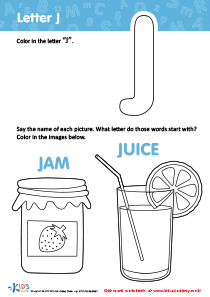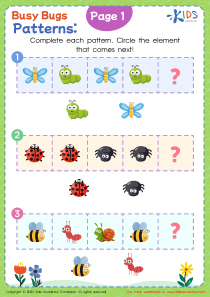Science Lessons | Relationships in ecosystems for Ages 8-9
4 results
Discover the World Around You: Relationships in Ecosystems for Ages 8-9
Dive into the fascinating web of life with our interactive learning journey tailored for curious minds aged 8 to 9! Our module on Relationships in Ecosystems offers a blend of engaging worksheets, captivating educational videos, and fun quizzes to assess learning. Children will explore how plants, animals, and the environment connect in intricate ways, fostering a deeper understanding and appreciation of the natural world. Whether it's uncovering the roles of predators and prey or decoding the secrets of symbiotic relationships, this course promises an adventure into the heart of ecosystems. Join us for an enriching exploration of life's interconnectedness!
In the wondrous journey of learning, the study of ecosystems opens a vibrant window for children, especially those in the formative ages of 8-9. At this curious age, children are beginning to grasp the complexities of the world around them, making it the perfect time to introduce them to the intricate and fascinating "Relationships in Ecosystems." Our specially designed lessons offer a blend of interactive worksheets, educational videos, and assessment quizzes aimed at engaging young minds, fostering a deep and lasting understanding of how every element within an ecosystem is interconnected.
Understanding the relationships in ecosystems is more than just an academic pursuit; it helps children see the world as an interconnected web of life, where each organism plays a crucial role. For Ages 8-9, grasping these relationships can be both enlightening and empowering, offering them insights into the balance of nature and the importance of every creature and plant within these systems. Our program is meticulously tailored to make this learning experience not only informative but also incredibly enjoyable.
The interactive worksheets are at the heart of our lessons on "Relationships in Ecosystems for Ages 8-9". These worksheets are not merely sheets of paper; they are gateways to discovery. Each worksheet is designed to challenge and stimulate the young learner's mind, encouraging them to think critically about the relationships between different organisms and their environments. Through activities like matching exercises, fill-in-the-blanks, and diagram labeling, children actively engage with the material, making the learning process both effective and memorable.
But our learning adventure doesn't stop there. To complement the hands-on experience of the worksheets, we incorporate educational videos into our lessons. These videos bring the ecosystems to life right before the children's eyes, showcasing the dynamic interactions between various organisms in their natural habitats. Narrated in a language that is accessible and engaging for Ages 8-9, these videos serve as a powerful tool to visualize and reinforce the concepts learned through the worksheets. Whether it's the symbiotic relationship between bees and flowers or the food chain in a forest, the videos provide real-world examples that enrich the children’s understanding.
Finally, to consolidate their knowledge and gauge their understanding, we incorporate assessment quizzes at the end of each lesson. These quizzes are thoughtfully crafted to be age-appropriate and challenging, covering the key concepts of the relationships in ecosystems. Completing these quizzes gives children a sense of accomplishment and allows educators and parents to track progress, identifying areas where further support might be needed.
In essence, our lessons on "Relationships in Ecosystems for Ages 8-9" are designed not just to educate but to inspire. By engaging children through interactive worksheets, educational videos, and assessment quizzes, we aim to instill a sense of wonder and responsibility towards the natural world. This holistic approach not only aids in their academic studies but also nurtures environmentally conscious individuals who understand the importance of maintaining the balance within ecosystems. As these young minds grow, so too does their capacity to contribute positively to our planet, armed with the knowledge and understanding gained from our lessons.















